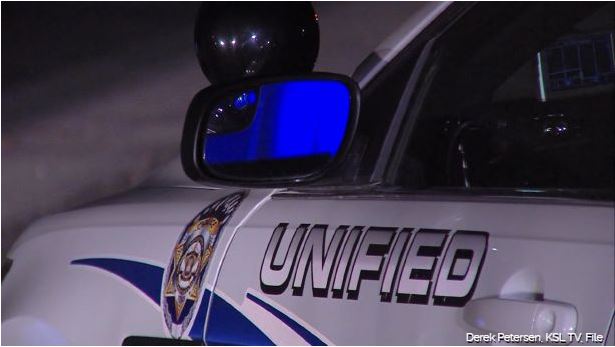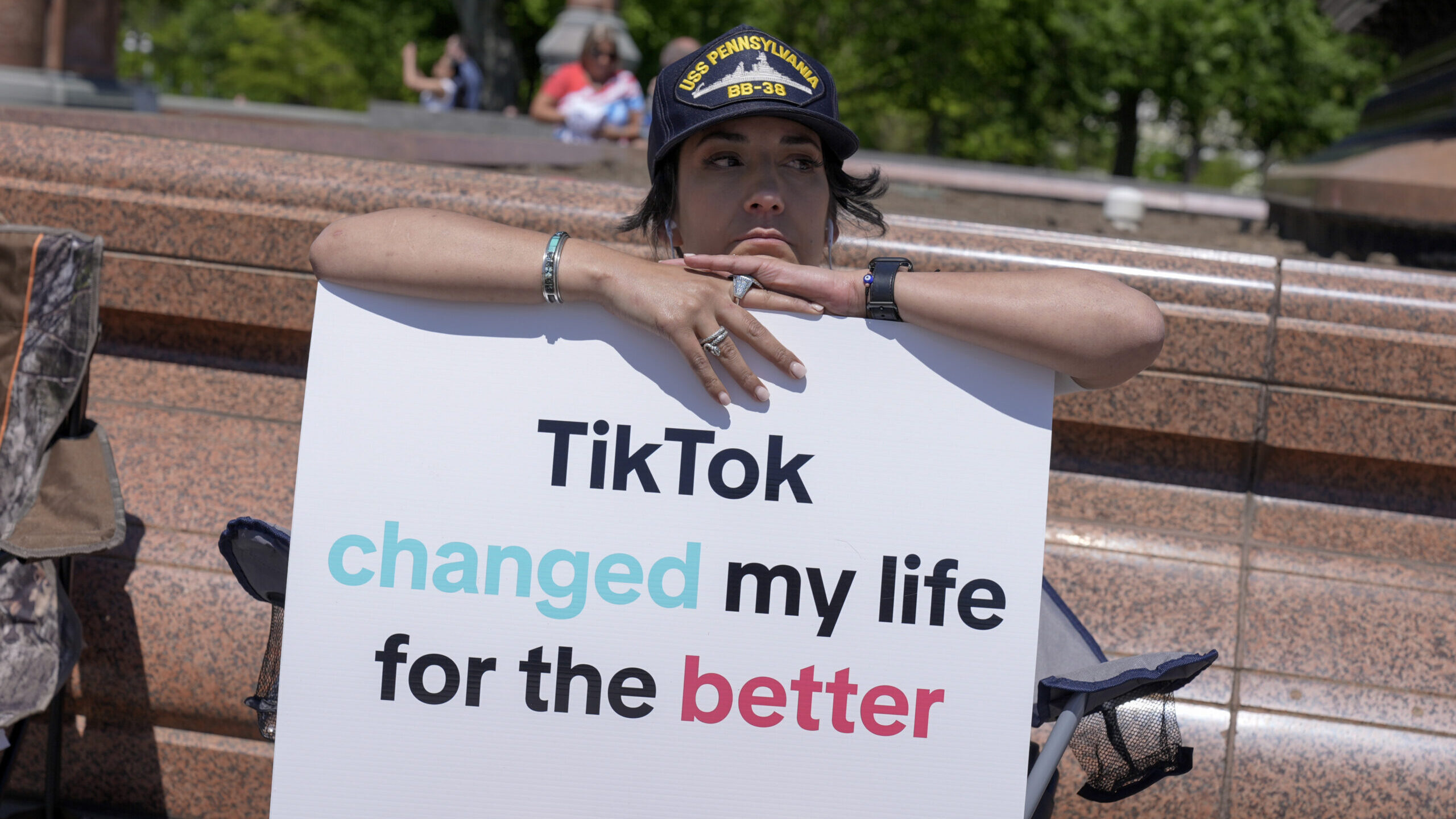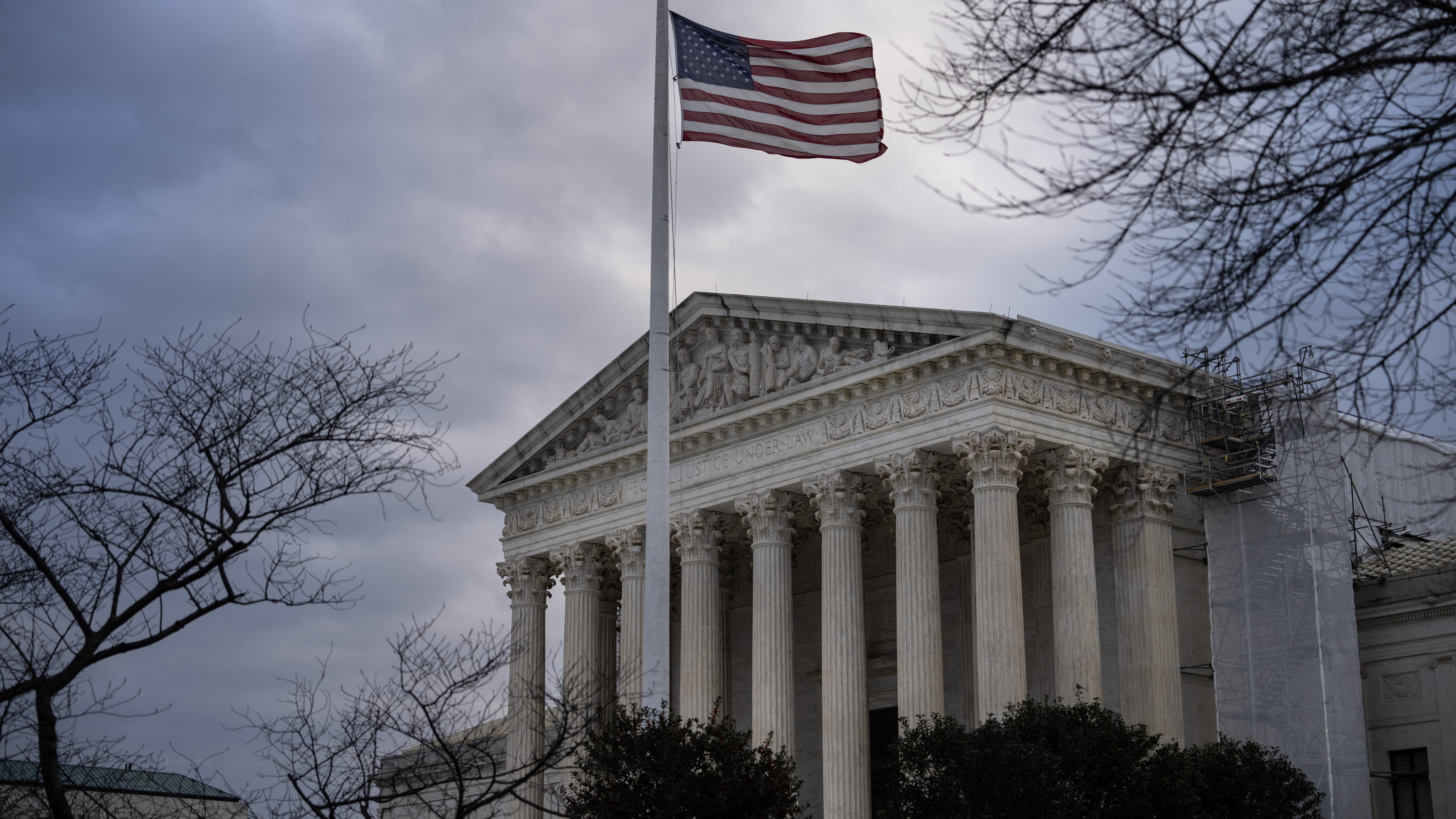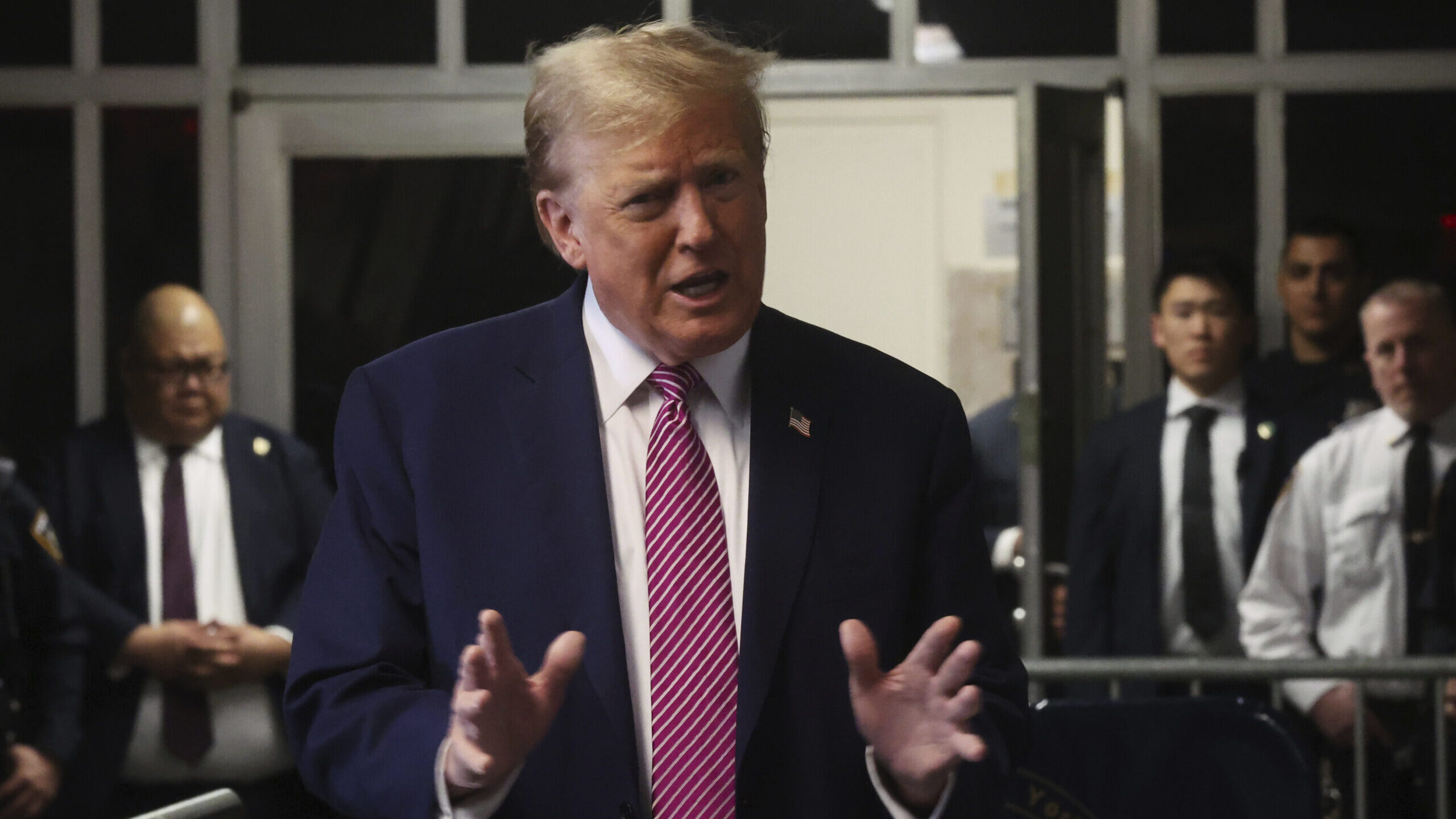Police face backlash as department weighs body-camera future
Apr 14, 2019, 11:33 AM

FILE photo
SALT LAKE CITY (AP) — One of Utah’s largest police departments is facing a backlash as they consider whether to discontinue body cameras due to cost concerns.
Dozens of people have asked Unified Police of Salt Lake County to keep them, including some whose loved ones have been shot by police.
One of them was Gina Thayne, whose nephew Dillon Taylor was killed by Salt Lake City officer in 2014 shooting that was found legally justified.
“I have a lot of faith in the body cameras because it brings out dignity — or lack of dignity — on both sides,” Thayne said, according to the Deseret News.
Police departments around the country have increasingly adopted body cameras as officer-involved shootings come under scrutiny especially by groups such as Black Lives Matter.
The cameras are often touted as an accountability measure that can benefit both officers and civilians by documenting what led up to a confrontation.
But they also come with a hefty price tag. Unified Police, which covers most of Salt Lake County outside the capital city, has already paid nearly $350,000 for a limited program equipping some of its officers with cameras. A federal grant paid another $146,000.
As they prepare their next budget, Unified Police has three choices: They could continue the existing program, expand it to equip the rest of the force or discontinue it altogether.
The board has yet to make its decision.
The head of the department, Salt Lake County Sheriff Rosie Rivera, said she wants to gather more data on how often the footage is used and whether the departments could get more federal grants.













